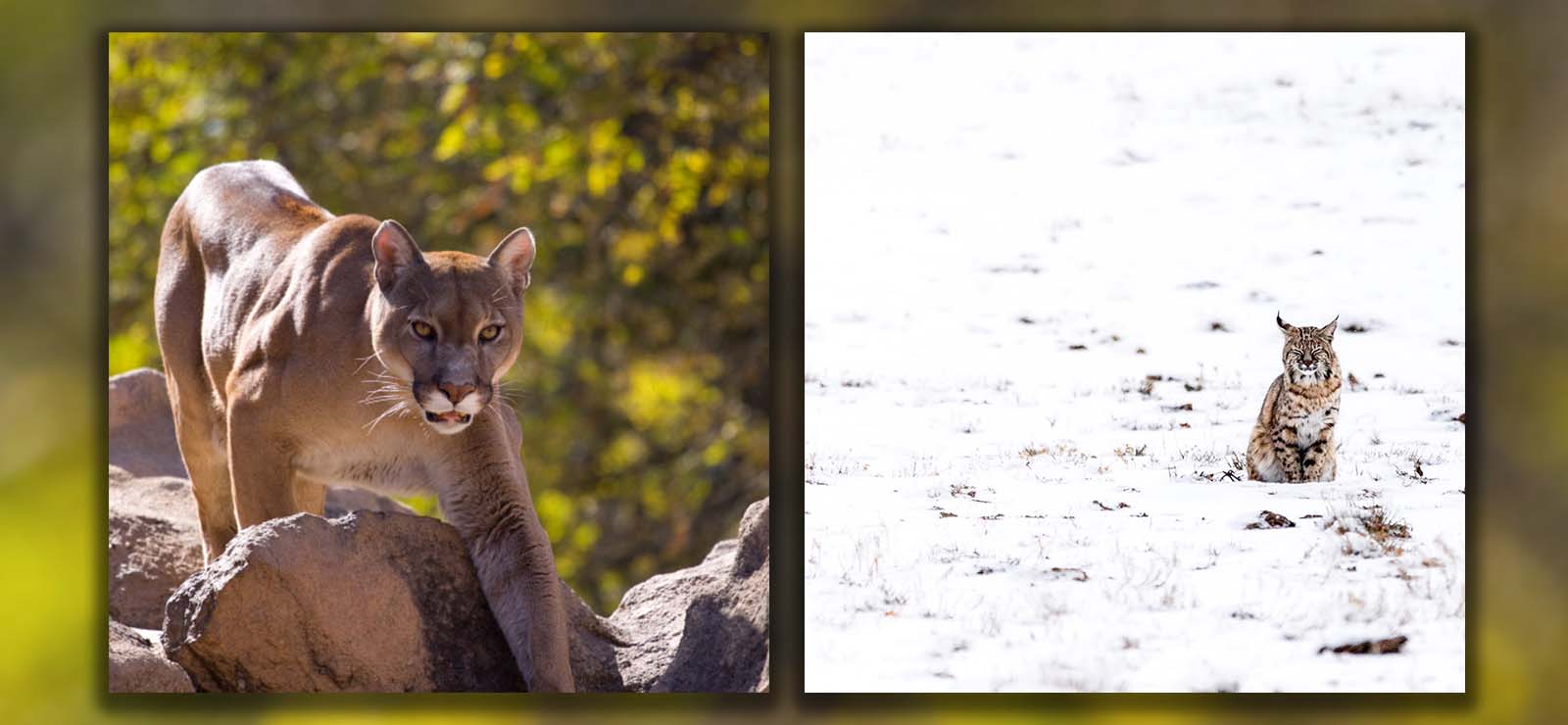By order of Sheriff Darren Weekly, Stage 1 Fire Restrictions are in place for unincorporated areas of Douglas County. Ordinance No. O-012-004 restricts open fires, open burning, and the use of fireworks in the unincorporated areas of Douglas County.
By order of Sheriff Darren Weekly, Stage 1 Fire Restrictions are in place for unincorporated areas of Douglas County. Ordinance No. O-012-004 restricts open fires, open burning, and the use of fireworks in the unincorporated areas of Douglas County.
Board urges voters to vote ‘no’ on Proposition 127
Posted on October 9, 2024 2024News and Events

This week, the Board of Douglas County Commissioners adopted a resolution opposing Proposition 127, joining a growing coalition of Colorado counties, other local governments and wildlife management experts in defense of responsible, science-driven predator management practices.
If passed, Proposition 127 would ban the hunting of mountain lions and bobcats, disregarding decades of proven, data-backed wildlife management by Colorado Parks and Wildlife (CPW). The initiative threatens to upend practices that have long been in place to ensure balanced ecosystems, protect public safety and support Colorado’s rural communities.
“It’s a poorly written law, clearly written by outsiders wanting to impose other states’ policies on Colorado,” said Commissioner George Teal, adding that trophy hunting is already prohibited and hunting without a license is already a felony in Colorado.
For decades, Colorado Parks and Wildlife’s researchers, biologists and wildlife managers have utilized regulated hunting as an essential tool for maintaining sustainable mountain lion and bobcat populations. These efforts, grounded in extensive research, help keep wildlife populations in balance with their natural habitats and Colorado’s expanding development for communities.
“I’m a fifth-generation Coloradoan, and I think Colorado can do its best on its own,” said Commissioner Abe Laydon. “Our practices, when informed by science, are the most beneficial.”
Opponents of Proposition 127 argue that removing CPW’s authority to manage these predator species could have significant unintended consequences. Without professional wildlife management, communities—especially rural areas throughout Douglas County—would bear the brunt of the impacts, including increased conflicts between predators, people and livestock.
Since the introduction of regulated mountain lion hunting in 1965, Colorado has seen increasing populations throughout the majority of their ranges. These species are carefully managed to ensure long-term sustainability while reducing potential dangers to human health and safety. Proposition 127 risks undoing decades of successful wildlife conservation, posing new dangers to both public safety and ecological balance.
“Biology at the ballot box is not working,” said Commissioner Lora Thomas. “This proposition would undo a lot of good that’s already in place. This proposition is not good for our state.”
As the November election approaches, local officials and wildlife experts are urging voters to consider the broader implications of Proposition 127. They warn that passing the measure could lead to far-reaching negative consequences, particularly for rural communities that depend on effective wildlife management.
Douglas County Commissioners encourage voters to reject Proposition 127 and allow Colorado’s wildlife experts to continue managing predator populations with science-based practices.
Be among the first to receive news as it happens. Subscribe to our online news push, and select your specific news focus and delivery preferences. Visit the Live Town Hall page and register for Town Hall notifications to ensure you are contacted to participate in future community conversations about topics important to you. Both services are free, and you can unsubscribe at any time. And don’t forget to follow Douglas County on Nextdoor, Facebook, Twitter, Instagram, LinkedIn and YouTube.
Sign Up Now!